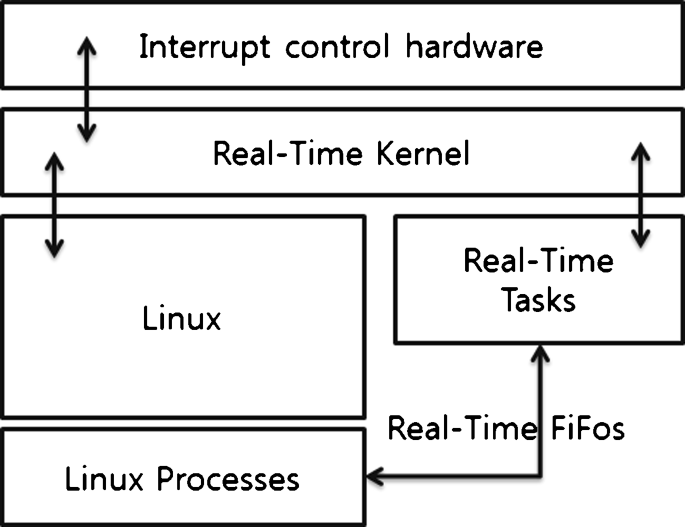 Measuring software performance on Linux OS.
Measuring software performance on Linux OS.If you’re looking to measure and optimize software performance on Linux, you’re in the right place.
In this post, we’ll explore a free and open-source research paper by Martin Becker and Samarjit Chakraborty from the Technical University of Munich.
This paper provides a comprehensive guide to setting up and conducting software performance monitoring on Linux systems, ensuring accurate and reliable results.
One of the key takeaways from the paper is the importance of understanding how system setup can significantly impact performance measurements.
While many of us rely on benchmarks from blogs, videos, or articles, the paper emphasizes the need to consider the underlying infrastructure and configuration.
This makes it a must-read for developers, system administrators, and performance enthusiasts.
Below, you’ll find download links for the research paper in three formats: PDF, Mobi, and ePub.
Whether you’re reading on your desktop or an e-reader, we’ve got you covered. Dive in and let us know your thoughts in the comments!
Download the Research Paper
What’s Inside the Paper?
The research paper covers:
- An overview of hardware and operating system features that impact software performance.
- Common sources of errors in performance measurements and how to control them.
- A recommended measurement setup for Linux to minimize errors and ensure accurate results.
- Insights into using hardware performance counters to identify real bottlenecks.
Here’s a snippet from the abstract:
“Measuring and analyzing the performance of software has reached a high complexity, caused by advanced processor designs and the intricate interaction between user programs, the operating system, and the processor’s microarchitecture.
This report summarizes our experience in measuring software performance on Linux systems, providing a detailed guide to minimize errors and optimize results. Our experiments highlight the significant impact of measurement setup on performance outcomes and suggest methods to maintain accuracy under varying conditions.”
Whether you’re optimizing high-performance applications or simply curious about Linux performance monitoring, this paper is a valuable resource.
Download it now and take your Linux performance analysis to the next level.




